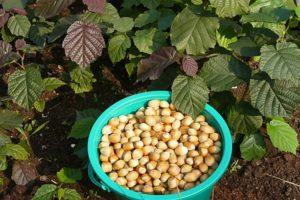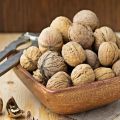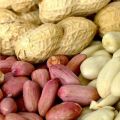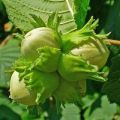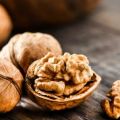Rules and shelf life for almonds at home
The noble varieties of nuts include almonds, which have a rich and pleasant taste. People who regularly purchase it should figure out how to store almonds at home so that they don't spoil.
Basic rules and packaging
Before you buy a nut, you need to figure out the main rules for storing it. It is no secret that the surface of the nuts is covered with a shell that protects them from damage and other external influences. Because of this, many believe that almonds are suitable for storage in any conditions, but this is far from the case.
There are several recommendations that you need to familiarize yourself with in advance:
- Maintaining optimal temperature. When preserving any varieties of nuts, it is necessary to monitor the temperature indicators. It is recommended to keep the air temperature at 10-15 degrees. At temperatures above 17-20 degrees, it is impossible to store the almond fruit, since in such conditions it will quickly deteriorate.
- Lighting adjustment. Nuts are best stored in shaded areas. Do not expose them to sunlight, as this will reduce the shelf life.
- Maintaining air humidity. The fruit is worse stored at high humidity. Therefore, the level of humidity should not be higher than 70-80%.
The following are used as storage containers:
- clay pots;
- glass jars;
- wooden boxes.
Some people use plastic bags, but it is better not to store almonds in them for a long time, as it begins to rot.
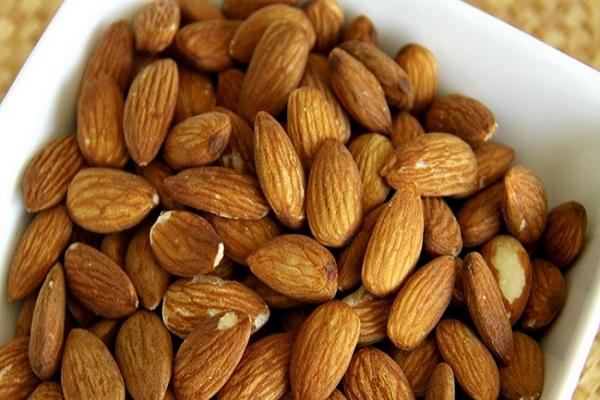
Selection criteria for quality almonds
In order for young almonds to have a long shelf life, you need to buy quality nuts. Not all varieties of nuts are suitable for storage. Only high-quality products can be stored in an apartment for a long time. You can determine the quality of the almond fruit by the following characteristic features:
- Uniform color of the shell surface. The nut fruit should be dark brown in color, there should be no darkening on its surface.
- Lack of spotting. Nuts that have begun to deteriorate are covered with dark spots. Over time, mold and rot form on such a spot.
- Pleasant aroma. Fresh and ripe, the nut smells good. The smell should not be harsh or bitter.
- Surface integrity. Fresh nuts in the shell do not have any chips or cracks. It is better to refuse to buy damaged products, as they are poorly stored.
It is recommended that you buy fresh almonds from the same batch so that the nuts have the same taste, smell and shape.
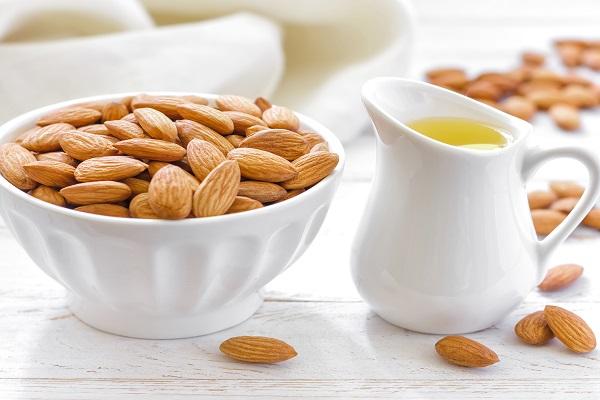
Storing peeled almonds
Peeled nuts are much tastier, and therefore many people prefer to peel them before storing. There are three important recommendations that will improve the preservation of nuts:
- Selection of a place for further preservation of the product. For long-term preservation, an insulated balcony or storage room is suitable.
- Choice of neighbors. Some people store almonds with other foods, but it's best not to do this. The shelf life is shortened when mixed with other varieties of nuts.
- Determination of temperature. Peeled fruits are sensitive to temperature conditions. Even at room temperature, the taste of the nut deteriorates.
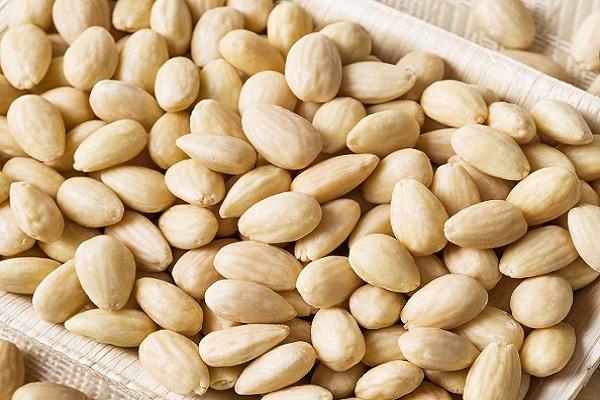
How to store unpeeled almonds
Experienced housewives advise not to peel the nuts from the shell, so they are stored longer.
Features of storing unpeeled fruit:
- The air humidity of the room in which the nut is located should be 70-75%.
- The temperature should not exceed 18 degrees Celsius. High temperature readings contribute to the development of mold.
- The container must be tightly covered with a lid. At the same time, 3-4 openings are made for fresh air intake to prevent mold.
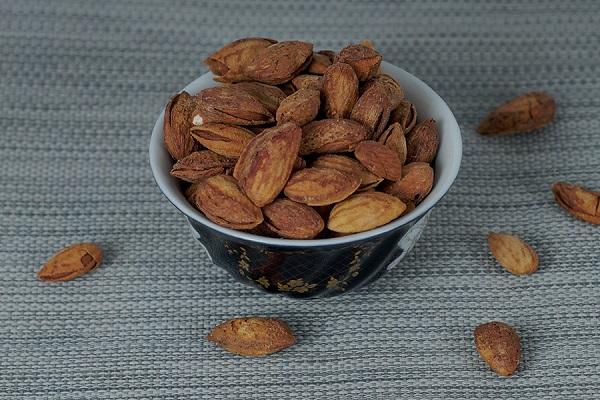
How much can you store?
Many people are interested in the shelf life of almonds. The peeled product does not deteriorate within six months. It will need to be frozen in a food container to prolong its shelf life. Unpeeled fruits are stored for one and a half years.
Conclusion
Some people don't know how to properly store purchased almonds. To deal with this, they study the basic recommendations for the safety of nuts and consider the nuances of choosing fresh products.
